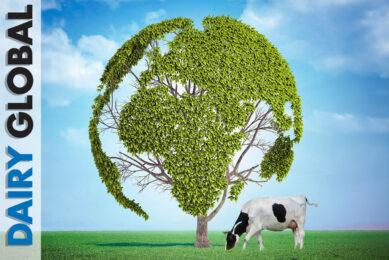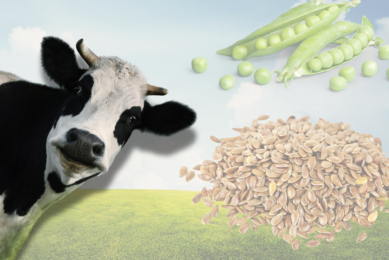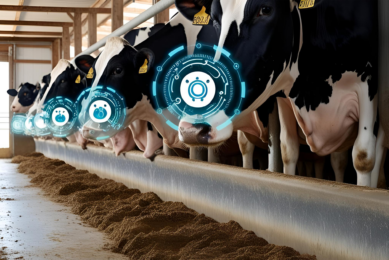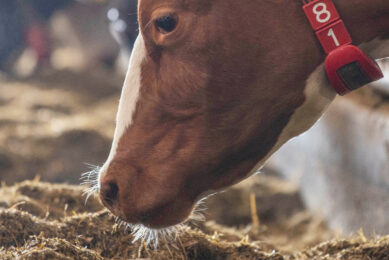Arla Foods to double carbon emissions reduction plan
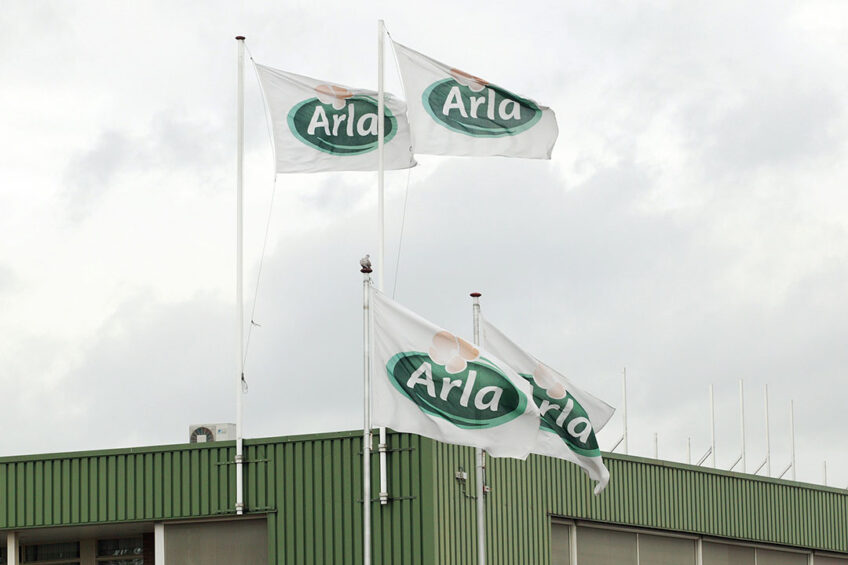
Major dairy cooperative, Arla Foods, is to increase its plan to cut CO2 equivalent by 2030 after making considerable progress over the past 6 years.
The coop is revising its plan to cut emissions by 30% by 2030 to an ambitious 63% after achieving a 24% reduction since 2015. The new target has been approved by the Science Based Targets initiative (SBTi) as consistent with reductions required to keep to the Paris Accord of 1.5°C. The firm plans to increase total sustainability investments by 40% over the next 5 years to more than 4 billion euros.
Arla is one of only 59 food and beverage processors globally and one of the first farmer-owned dairy cooperatives in the world to have a 1.5°C target approved by the SCBi.
Fossil-free milk tankers
Among a range of new measures are an ambition to convert to ‘fossil-free’ milk tankers and distribution trucks, which will be powered by biogas, biodiesel and electricity. Arla will also work with farmers and customers to reduce total mileage across the company through optimised route planning for its milk tankers. It will also reduce energy consumption through investments in low-energy solutions across its dairy sites using heat recovery solutions, including heat pumps and electrification of boilers.
Furthermore, 100% of its electricity will be ‘green’ through green power purchase agreements and investment in wind and solar projects complemented with purchased guarantees of origin for electricity produced on Arla farms.
Ash Amirahmadi, MD of Arla Foods UK, said: “Arla is one of only 59 food and beverage processors globally and one of the first farmer-owned dairy cooperatives in the world to have a 1.5°C target approved by the SCBi.”
Leadership in reducing carbon emissions
“The demand for dairy across the world continues to increase as we tackle issue of food poverty and malnutrition. With Arla’s farmers already among the most carbon-efficient farmers in the world, it is right that we also show leadership in reducing carbon emissions across the production and operational side of the cooperative,” said Amirahmadi.
In working towards a 30% CO2 equivalent reduction per tonne of standardised raw milk and whey intake, Arla farmers have reduced emissions by 7% since 2015, and with over 90% of Arla farmers participating in carbon footprint reporting, the data shows they already produced milk with around half the emissions of milk produced globally.
In the UK, Arla’s farms have clear plans to continue reducing this further as laid out in its farm carbon footprint report, ‘A Sustainable Future for British Dairy’.
For more info: Arla
Join 13,000+ subscribers
Subscribe to our newsletter to stay updated about all the need-to-know content in the dairy sector, two times a week.



